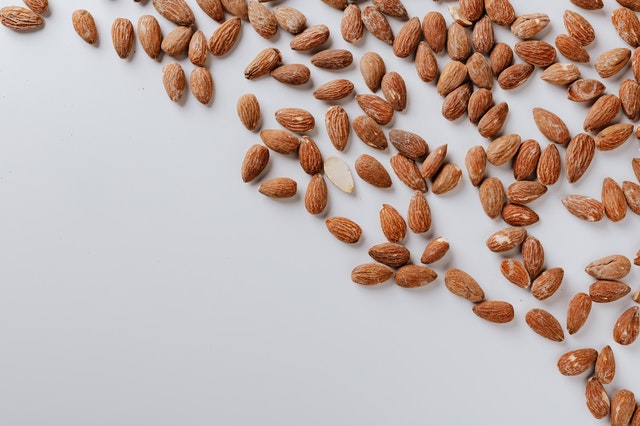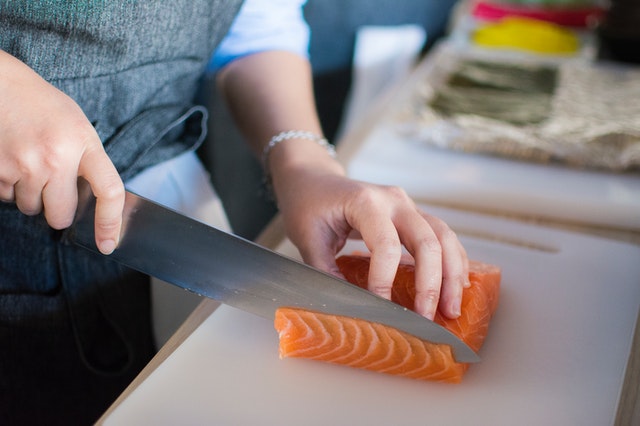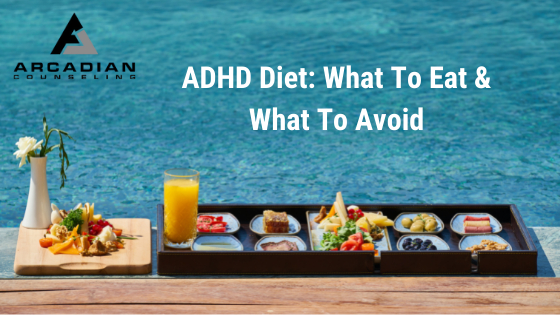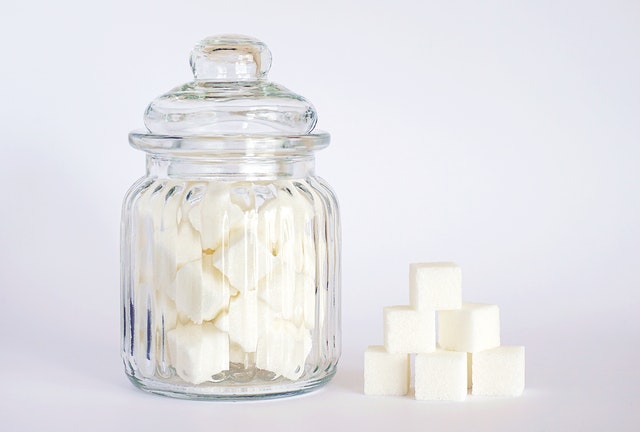If you have ADHD, you may have wondered if what you eat affects your symptoms. Well, the answer is a simple: yes, there is such a thing as an ADHD Diet.
Science has long proven that our diet contributes to many of the major diseases we encounter in life such as Heart Disease and Type II Diabetes. One of the major findings is how food affects inflammation in the body, inflammation being the root cause of all diseases.
Inflammation can also affect the brain, and many health experts have made the connection between diet and diseases like Alzheimer’s, Depression, and ADHD.
So yes, your diet does affect your ADHD symptoms.
Which means you can improve your symptoms of ADHD by simply avoiding certain foods and making sure to get enough of others.
ADHD Diet & Nutrition – What to Avoid & Eat
Sugar
The more we find out about sugar, the more it starts to feel like none of us should be eating it. Excessive sugar intake tampers with the reward pathways in the brain that are involved in drug addiction. Many believe it can also tamper with the hyperactivity trigger. Sugar also causes erratic blood sugar levels, which causes dramatic mood swings in some people.
Besides the obvious culprits like candy, cookies, and soda, it’s also important to avoid most packaged foods, which often have high amounts of hidden sugars. This includes condiments, soups, and cereal.
Colorants & other additives
Colorants and other additives are meant to make our food look more appealing or last longer on store shelves, but many people believe that these substances also contribute to inflammation in the body.
Just like with sugar, a good rule is to avoid prepackaged foods as much as possible. Artificial drinks are a big culprit. Always read labels and when you see the word “flavor“ or “flavored“ anywhere on the package, the safest bet is to skip it.
Common food allergens
Many children and adults have allergies or sensitivities to foods that contain gluten, wheat, corn, and soy. These have been associated with inattentiveness and hyperactivity. Consider getting officially tested for these sensitivities and allergies to see if there are foods that you should be avoiding altogether.
Foods to eat more of if you have ADHD
protein

A great way to improve your ADHD diet is by increasing protein and almonds are a super healthy way to do it!
Are you eating enough protein? Most people simply don’t get enough into their diet. Protein is not only responsible for building muscle, but also in building and repairing every tissue, organ, and even hormones.
Research has also shown that ADHD symptoms are caused by an imbalance in the catecholaminergic systems in the brain areas that control memory, motor functioning and emotional regulation. The two most abundant catecholamines In the brain are the neurotransmitters dopamine and norepinephrine. Both of these are derived from the amino acid tyrosine and amino acids are derived from proteins, so make sure to get enough into your diet from sources such as lean meats, eggs, and nuts.
Omega-3 fats

A solid ADHD diet consists of a lot of omega-3 fatty acid.
Omega-3 fats are important for everyone for lots of reasons. They reduce inflammation and also help to transmit brain signals. Health experts have also linked ADHD to omega-3 fatty acid deficiency. You can increase your omega-3 by eating cold-water fish such as salmon and tuna.
If you have a kiddo that doesn’t like the taste of fish, consider a quality omega-3 supplement. It’s true that the less expensive supplements can have a harmless fishy smell, but some quick research can land you a high quality supplement that is no more offensive smelling than aspirin.
B Vitamins

B vitamins play a critical role in your ADHD diet. It’s a good idea to simply find a good quality supplement to be sure you’re getting enough in your diet.
Remember the neurotransmitters? Well, B vitamins actually help to synthesize neurotransmitters. You can eat all the protein in the world, but if you are deficient in B vitamins, you won’t get the full benefits. While foods like fish, meat, and eggs are excellent sources of B vitamins, most health experts agree supplementation is the easiest and most effective way to get enough into your body. Again, spend a little time to make sure you’re getting a quality supplement. (Not just what shows up on page 1 of your Amazon search results)
Life is short. Dealing with ADHD isn’t. If left unchecked and untreated, ADHD can wreak havoc on your life. But there are plenty of ways you can take back control and one of them is by managing your nutritional habits. If you’re struggling to manage your ADHD diet or simply need someone to help you manage your symptoms, find an awesome therapist you like and trust to help you get on track.
James Killian, LPC is the Principal Therapist & Owner of Arcadian Counseling in New Haven, CT where they specialize in helping over-thinkers, high achievers, and perfectionists reduce stress, increase fulfillment and enhance performance so they can move From Surviving To Thriving.


